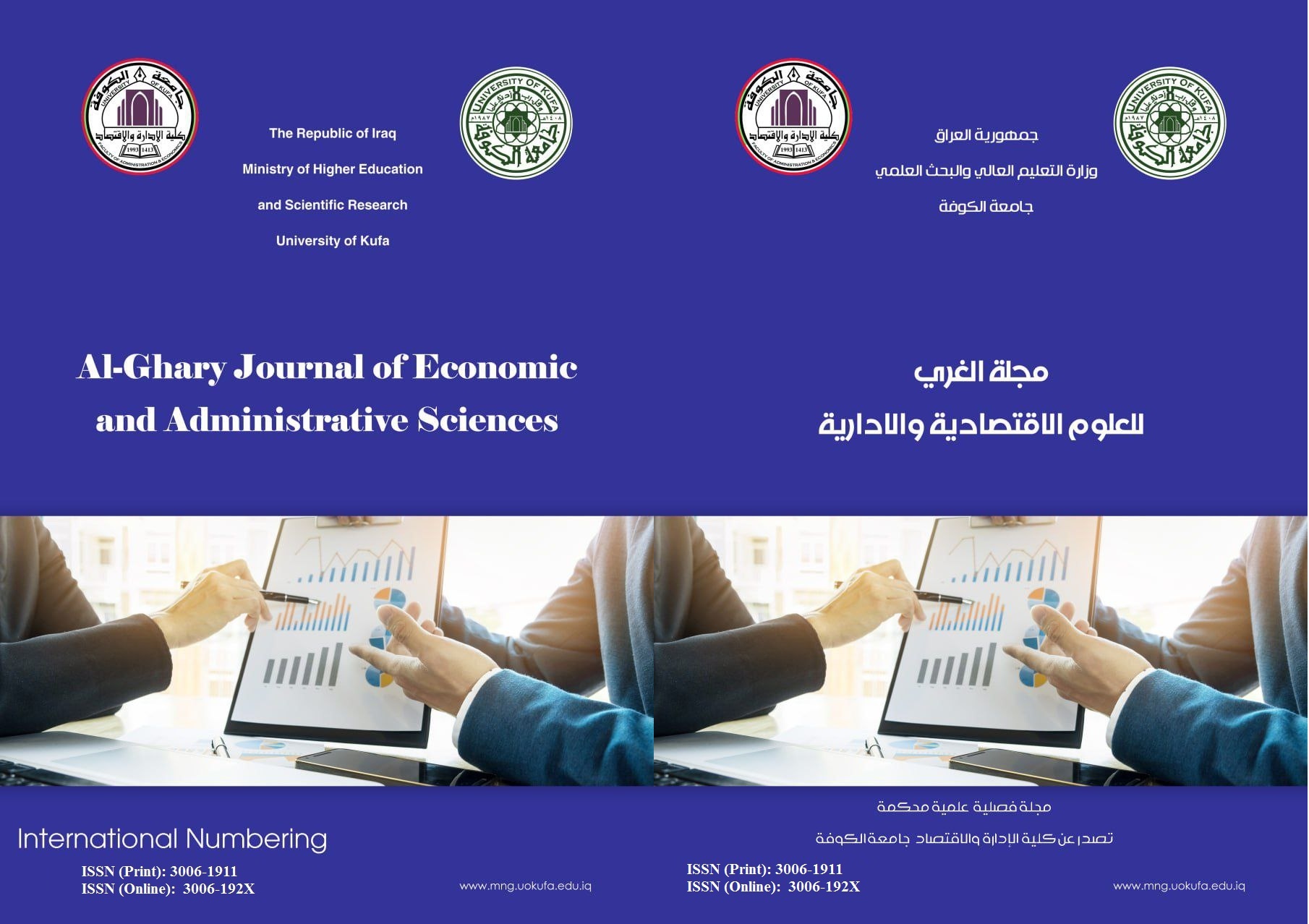Abstract
Islamic monetary policy plays an important role in influencing money supply and bank credit, as well as its contribution to achieving the economic and social goals of Islamic societies, but the quantitative and qualitative means and tools must be fully consistent with Sharia principles, and the banking system must be able to mobilize savings using a mechanism. Effective, and providing banking services in an optimal way, to reach the optimal number of financing applicants, in addition to achieving monetary stability, confronting inflation, and influencing the economy in a way that fits with the priorities of the Islamic community and achieves its objectives, so the research aims to determine the nature of the methodological foundations on which the policy is based Islamic monetary, and determining the nature of the policies used by the Islamic central bank in influencing economic activity.
Keywords
Foundations
Islamic Economy
mechanisms
monetary policy
Abstract
تؤدي السياسة النقدية الإسلامية دورًا مهمًا في التأثير على عرض النقد, والائتمان المصرفي، فضلًا عن إسهامها في تحقيق الأهداف الاقتصادية والاجتماعية للمجتمعات الإسلامية, ولكن لابد من أن تكون الوسائل والادوات الكمية والنوعية متسقة تمامًا مع الأسس الشرعية، وأن يكون النظام المصرفي قادرًا على تعبئة المدخرات بآلية فعالة, وتقديم الخدمات المصرفية بطريقة مثلى، لتصل إلى العدد الأمثل من طالبي التمويل، علاوة على تحقيق الاستقرار النقدي, ومواجهة التضخم، والتأثير في الاقتصاد بما يتلائم مع أولويات المجتمع الإسلامي، ويحقق أهدافه، لذا يهدف البحث إلى تحديد طبيعة الأسس المنهجية التي ترتكز عليها السياسة النقدية الإسلامية، وتحديد طبيعة السياسات التي يستعملها البنك المركزي الإسلامي في التأثير على النشاط الاقتصادي.
Keywords
المرتكزات، السياسة النقدية، الاقتصاد إسلامي معاصر
